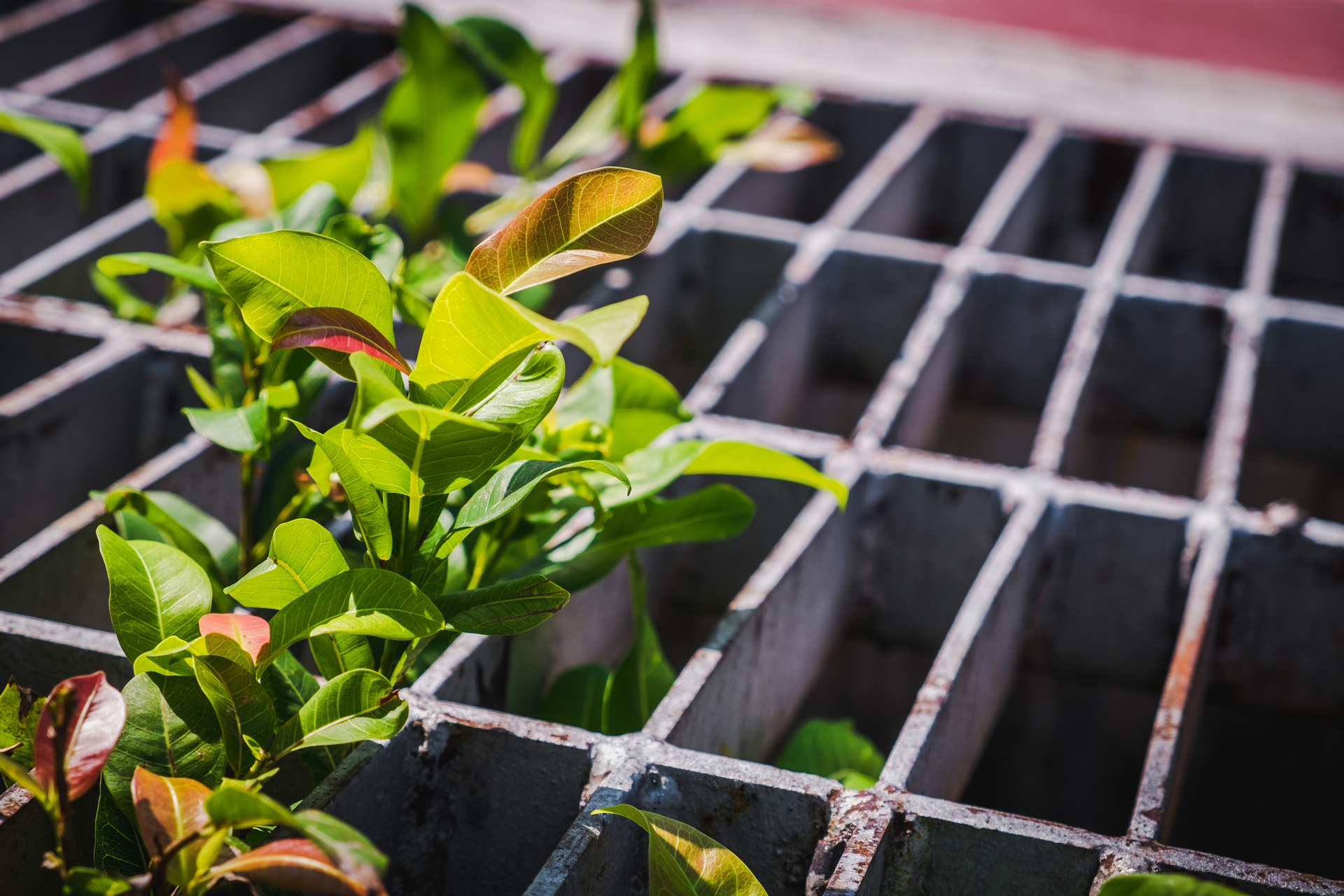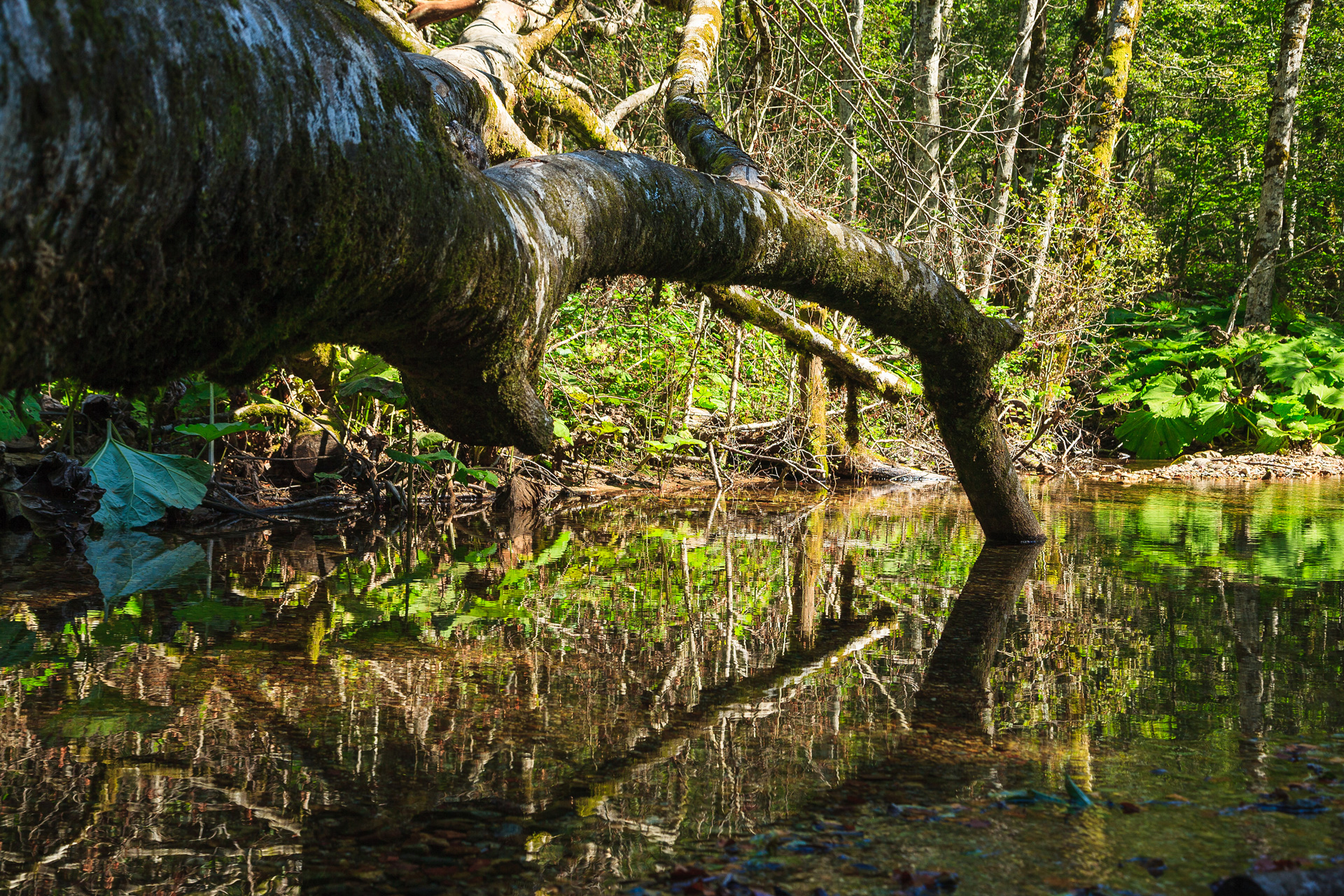

UrbanGreening@RMIT is a cross-school, cross-disciplinary network of more than 80 academic staff across 20 disciplines in 15 schools, committed to tackling these challenges. We bring powerful research capabilities to address issues such as urban development, environmental sustainability, community inclusion, and climate change for urban areas.

We foster collaboration and holistic approaches with partners from community, industry and government. We believe practical and innovative solutions come from combining skills and expertise across a range of disciplines, such as art, architecture, design, ecology, education, engineering, community engagement, health, spatial analytics, and sustainable planning, policy and governance - to name just a few.
Our research capabilities are aligned with national and international urban greening priorities and reflect the combined strength of our multi-disciplinary research specialities.
We work with a diverse range of national and international partners, including:


If you're not sure how you can best work with us, our team can explain what's possible and put you in touch with the right person.


RMIT University acknowledges the people of the Woi wurrung and Boon wurrung language groups of the eastern Kulin Nation on whose unceded lands we conduct the business of the University. RMIT University respectfully acknowledges their Ancestors and Elders, past and present. RMIT also acknowledges the Traditional Custodians and their Ancestors of the lands and waters across Australia where we conduct our business - Artwork 'Sentient' by Hollie Johnson, Gunaikurnai and Monero Ngarigo.
More information